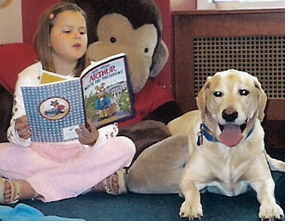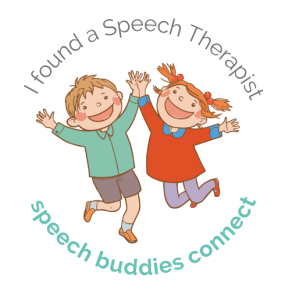In a recent blog post, “I Think my Child Needs Speech Therapy – Now What?”, I outlined the process of securing speech and language therapy services for your child. But let’s say your child has just begun or has been in therapy for some time? What then? Do you find yourself wondering, “how should I be helping my child with speech therapy?” This post is dedicated to providing tips for parents on how to maximize the services they are already receiving. Whether your child is receiving school-based or private therapy, there are many things a parent can do to empower themselves and ultimately, to make therapy more efficient.
[Photo: skyseeker, CC]





 It’s time to start thinking Back to School! As parents and teachers, we want to give our kids everything they need to succeed, and at this time of year it seems easy: pencils, paper, notebooks, a backpack, maybe a lunchbox — all the tools of their trade. But it’s easy to overlook the most important things: excitement, self-esteem, self-confidence. Are there tools for that? Just like the physical tools our kids use to start their new year, emotional needs should be a priority; we want our children to step through the classroom doors with ease. Speech Buddies has been busy building an easy way to make back to school speech therapy, or anytime speech therapy, as accessible as possible…
It’s time to start thinking Back to School! As parents and teachers, we want to give our kids everything they need to succeed, and at this time of year it seems easy: pencils, paper, notebooks, a backpack, maybe a lunchbox — all the tools of their trade. But it’s easy to overlook the most important things: excitement, self-esteem, self-confidence. Are there tools for that? Just like the physical tools our kids use to start their new year, emotional needs should be a priority; we want our children to step through the classroom doors with ease. Speech Buddies has been busy building an easy way to make back to school speech therapy, or anytime speech therapy, as accessible as possible…








